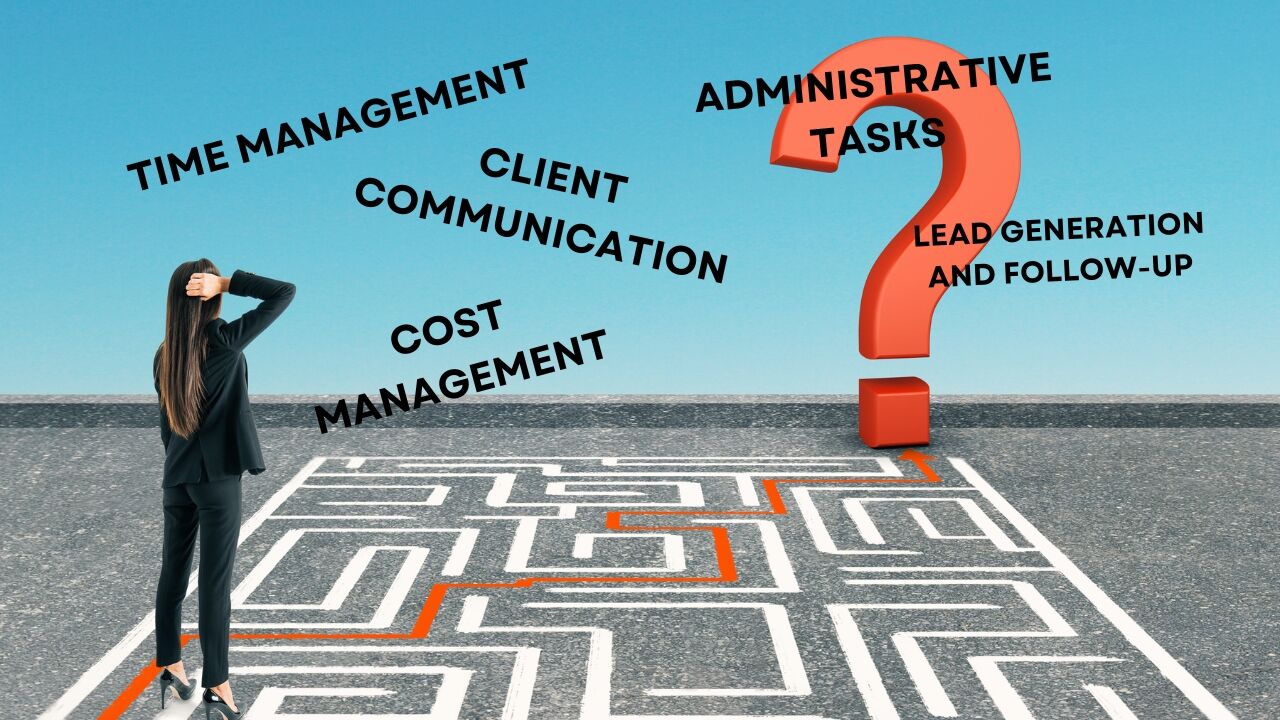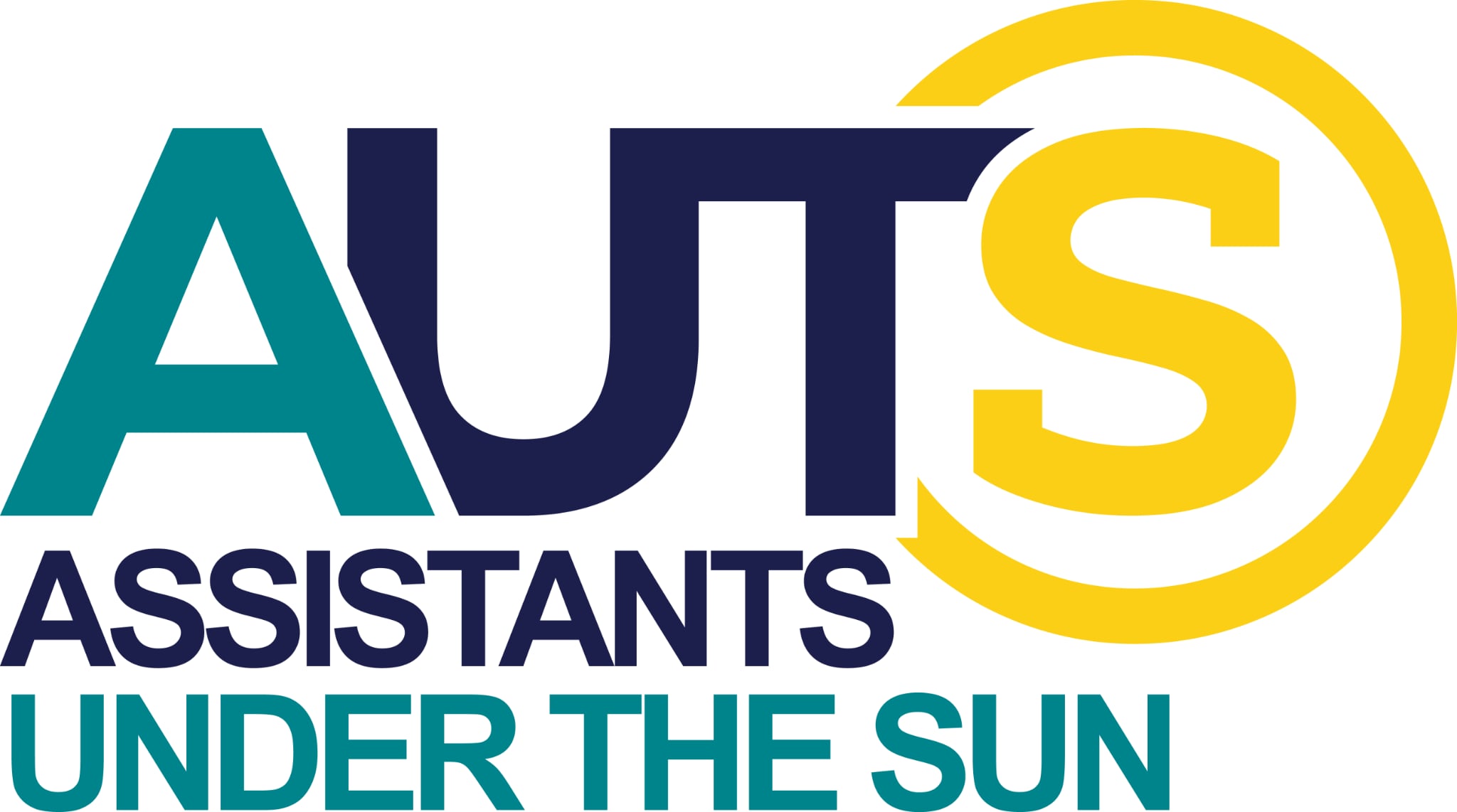
Real estate agents juggle many tasks daily, from managing client relationships to handling paperwork, all while striving to close deals and grow their businesses. This can be too much to handle, causing exhaustion and missed chances. Fortunately, virtual assistants (VAs) offer practical solutions to these challenges, allowing agents to focus on what they do best—selling properties.
We’ll explore the top five challenges real estate agents face and how virtual assistants can provide the support needed to overcome these obstacles.
Time Management
- The Challenge: Time is the most valuable resource for real estate agents, yet it often feels like there’s never enough of it. Between showing properties, attending meetings, and following up with clients, managing time efficiently becomes a significant struggle.
- How Remote Real Estate Assistants Help: Virtual assistants can take over time-consuming tasks such as scheduling appointments, managing calendars, and organizing daily activities. By delegating these responsibilities, agents can focus more on client interactions and closing deals. On average, hiring a virtual assistant can save agents up to 20 hours per week, allowing them to work smarter, not harder.
Client Communication
- The Challenge: Maintaining consistent and effective communication with clients is crucial for building trust and ensuring repeat business. However, staying on top of emails, phone calls, and inquiries can be daunting, especially during peak seasons.
- How Remote Real Estate Assistants Help: A virtual assistant can handle client communications, responding to emails, answering calls, and managing inquiries in a timely manner. This ensures that clients receive the attention they deserve, enhancing their experience and satisfaction. With a VA managing these interactions, agents can provide top-notch service without getting overwhelmed.
Lead Generation and Follow-Up
- The Challenge: Generating and nurturing leads is essential for growing a real estate business, but it can be challenging to find the time to follow up with every potential client. Missing out on leads means losing potential revenue.
- How Remote Real Estate Assistants Help: Virtual assistants can manage lead generation tasks, such as researching potential clients, managing CRM systems, and conducting follow-up calls. By consistently nurturing leads, VAs help agents keep their pipelines full, leading to more closed deals. Some VAs specialize in cold calling and can help agents tap into new markets more effectively.
Administrative Tasks
- The Challenge: Real estate agents often find themselves bogged down by administrative duties like data entry, document management, and transaction coordination. While necessary, these tasks can divert attention from more critical activities like client meetings and negotiations.
- How Remote Real Estate Assistants Help: Virtual assistants are well-equipped to handle administrative tasks efficiently. They can manage paperwork, update listings, prepare contracts, and ensure that all documentation is accurate and up-to-date. By outsourcing these tasks, agents can reduce errors and speed up processes, ultimately leading to smoother transactions.
Cost Management
- The Challenge: Hiring full-time in-house staff to manage the workload can be expensive, especially for smaller real estate firms or solo agents. Balancing the need for help with the costs involved can be tricky.
- How Remote Real Estate Assistants Help: Virtual assistants offer a cost-effective solution by working on an hourly or project basis, without the overhead costs associated with full-time employees. Depending on the VA’s experience and the complexity of tasks, costs can range from $13 to $40 per hour. This flexibility allows agents to scale their support as needed, making VAs an affordable option compared to hiring additional in-house staff.

State Laws and Rules for Unlicensed Assistants
When considering hiring a virtual assistant to help with real estate tasks, it’s important to be aware of the legal guidelines surrounding unlicensed assistants. State laws and regulations vary, and they dictate what tasks unlicensed assistants can and cannot perform. For example, in most states, unlicensed assistants are prohibited from negotiating contracts, providing direct advice to clients, or performing any activities that require a real estate license. Understanding these rules ensures that both the real estate agent and the virtual assistant operate within legal boundaries, protecting the integrity of the business and avoiding potential fines or legal issues.
Virtual assistants are well-versed in these regulations and can still provide a wealth of support without overstepping legal boundaries. They can handle administrative tasks, manage communications, and assist with marketing efforts, all while ensuring that their work complies with state-specific rules. By understanding and adhering to these regulations, virtual assistants can effectively support real estate agents without crossing legal lines.
For a detailed overview of state-specific laws and rules for unlicensed assistants, you can visit the National Association of Realtors (NAR).
Final Thoughts
Virtual assistants are becoming an indispensable resource for real estate agents, offering solutions to common challenges like time management, client communication, lead generation, administrative tasks, and cost management. By delegating these tasks to a VA, agents can focus on growing their business, enhancing client relationships, and closing more deals.
If you’re a real estate agent feeling the strain of these challenges, consider hiring a virtual assistant. The investment will pay off in more ways than one, helping you achieve greater efficiency, better client satisfaction, and ultimately, more success in your real estate career.


No responses yet